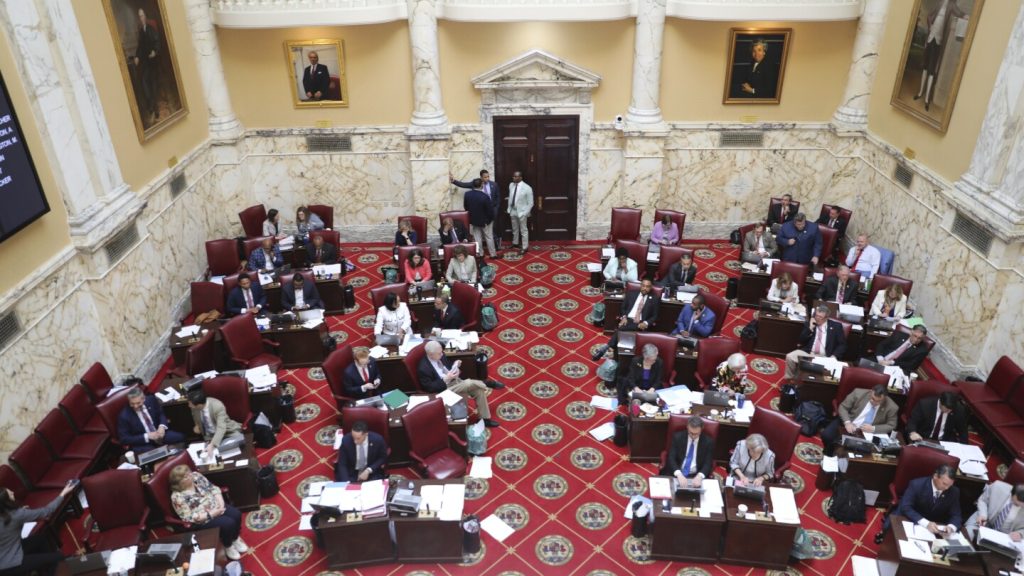The Maryland General Assembly recently concluded its 90-day legislative session, during which lawmakers passed a variety of key legislation. The state’s budget mostly aligned with Gov. Wes Moore’s proposal of $63 billion for the next fiscal year. Lawmakers also added new tax and fee increases to raise funds for transportation, including a fee on ride-hailing services and an increase in vehicle registration fees. These new revenues for transportation are expected to generate upwards of $336 million by fiscal year 2029. Additionally, tobacco tax increases will fund improvements for K-12 education.
In response to the Francis Scott Key Bridge collapse, lawmakers passed legislation to assist Port of Baltimore employees who are affected by the closure. This bill allows the use of the state’s rainy day fund to support these workers and encourage companies to return to Baltimore once the port reopens. Another measure approved by lawmakers focuses on protecting court personnel by enabling judges to shield their personal information online to prevent any hostile individuals from tracking them down, a response to the tragic shooting of a judge in his driveway last year.
Legislation was also passed to enhance security at abortion clinics through a grant program in the state’s health department to assist with security improvements. Furthermore, a package of juvenile justice reforms was approved aimed at enhancing accountability and rehabilitation to address increasing crimes involving auto theft and handgun violations in certain areas of the state. Lawmakers also approved a measure to facilitate data center development by streamlining environmental procedures required by state regulators for backup generators.
Lawmakers greenlighted the governor’s legislation to incentivize the construction of affordable housing and remove barriers to development. Additionally, a plan was approved to rebuild the Pimlico Race Course in Baltimore and transfer ownership to the state using $400 million in state bonds. A measure was also passed to create liability standards for the firearm industry to prevent harm in the state, requiring certain controls regarding the sale, manufacture, and distribution of firearms.
In response to the increasing use of artificial intelligence, lawmakers approved a measure to ensure Maryland is prepared for this technology by developing AI policies and mandates. Other measures included limiting companies’ data collection to protect consumer privacy and security, as well as safeguards to restrict data gathering on children. Lawmakers also approved initiatives to address child poverty, protect gender-affirming treatment, safeguard freedom to read, and support the Equal Rights Amendment. Additionally, measures were passed related to immigrants’ health insurance, gun violence reduction, mental health crisis helplines, and the protection of election workers.


